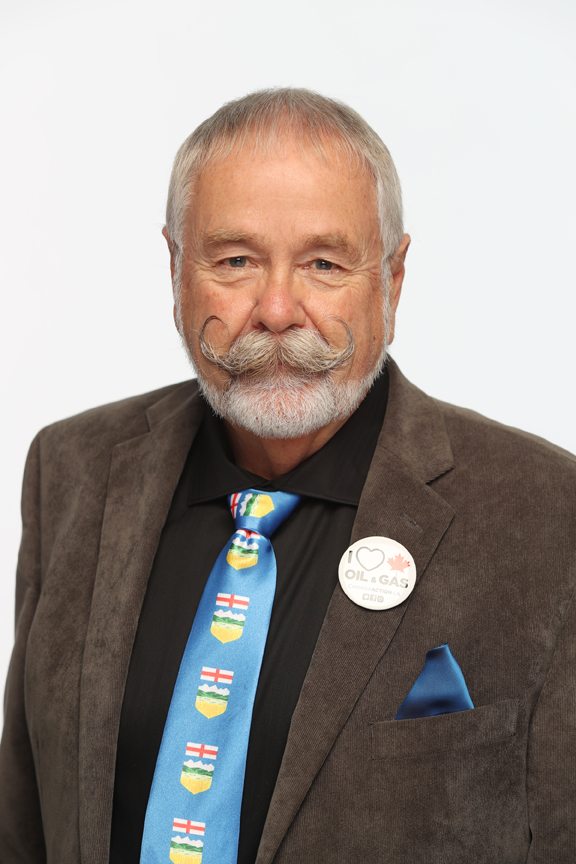Current Temperature
14.7°C
Canadians could be headed to the polls in 2021; Shields
Posted on January 13, 2021 by Taber Times
By Trevor Busch
Taber Times
tbusch@tabertimes.com
With the federal Liberals still buoyed by a COVID bump in the polls and enjoying a slight edge over the Conservatives, speculation has been rampant in Ottawa about the potential for a 2021 election.
For Bow River MP Martin Shields the clock is now ticking on the life of the current minority government of Prime Minister Justin Trudeau, but he stopped short of suggesting the Conservatives might force an election in 2021.
“In a minority government, the length of a minority government, we’re into sort of the average length of them this spring. Usually the length is 18 months to two years average, so we’re obviously in a range that, historically, I would say this is the length the government would last. Do people want an election in a situation when you’re dealing with a pandemic? That’s probably not what would be most wanted. We’re not promoting there be an election.”
Although one of the more tired adjectives employed in 2020, “unprecedented” remains apt terminology for the Liberal’s gargantuan spending on relief programs, and Shields believes his party is ready to hold them to account.
“When you’re not the government in power, you’ve got two roles. One is opposition — it says ‘yes, we don’t agree with you, but on the other hand when legislation is introduced, okay how can we help and fix this thing when things need to be done.’ So I think both of those roles are important, and will be more important in 2021. The government is in a minority situation. They’ve spent unheard of amounts of money. They need to be accountable for what they’ve spent. They need to be clear and transparent. That’s our role in the sense of opposition is to hold the government to account for the billions — hundreds of billions — they’ve spent, unprecedented. So we have a very strong role to play in holding the government to account for how they’ve spent the money, and spending it correctly, and being transparent about it.”
The Conservatives will focus on providing criticism and input regarding legislation, but one of their main targets will remain the Liberal’s fiscal record.
“The second part is when there’s programs out there they introduce — which we need for various reasons, we need to make suggestions about where improvements can be made, where there may be challenges with those programs,” said Shields. “So we need to present policies that say ‘we would believe this is a better way to do it than what you’re proposing.’ So that’s the role we have. We support the industries and things within our own constituencies, and work to help those particular individuals that may need help getting through all the various programs that might be out there to help and support them. But we also need to find ways to improve those and hold the government to account with this massive spending.”
While no one is yet holding their breath regarding the potential for a snap election call, the Liberals did lay some preliminary groundwork in late 2020 with Bill C-19 proposing temporary changes to the Canada Elections Act to potentially allow for a safer election in the midst of a pandemic.
“We will hold the government to account, but they have introduced — it was in December, the last sitting, last minute, I was there — a piece of legislation about how to hold an election during a pandemic,” said Shields. “This piece of legislation will probably pass pretty quickly once we get back, when we get back, and it would allow the government with three months after the legislation is approved, and with a window to expire in six months, but a window then of three months to call an election — which would probably be late spring, early summer. So the government, if they so chose, could call an election themselves. Now it would have some things in that legislation that would allow the election to be held over three days, rather than one, and that’s specifically so you would not have the necessity of people crowding in and lining up, so that’s the pandemic type of distancing.”
The legislation would allow for people to go to the polls over a weekend, implement new mail-in ballot procedures, and special advance voting stations in long-term care homes and similar residences, among other measures.
“So there is a piece of legislation, that would if passed, allow that to happen during a pandemic,” said Shields. “So I think the government is looking at the possibility of having an election late spring, early summer, if they so choose to do it. But again, it’s not something we have introduced as legislation, but it’s something the Liberal government themselves have introduced — which would allow them an opportunity, if they so chose, to have an election with modified rules.”
Leave a Reply
You must be logged in to post a comment.

